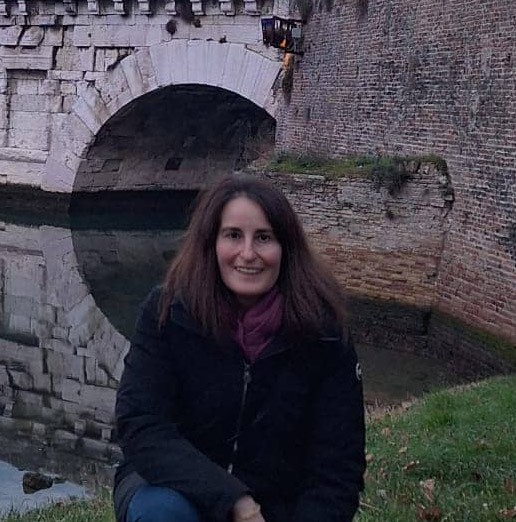
Laura Mecella
https:/
Profile
Laura Mecella is Full Professor of Roman History at the Department of Historical Studies, University of Milan. She has been temporary research fellow at University of Basel and Università Europea in Rome, and undertook several periods of research in Germany (Köln, Münster, Düsseldorf, Heidelberg) and Britain (Oxford). She is editorial board member of the international journal “Mediterraneo Antico. Economie Società Culture”.
Her research focuses on Roman imperial history (especially of the periods of crisis between the 3rd and the 5th century CE), late antique and Byzantine historiography, and history of classical scholarship.
Abstract
‘Rhetoric strategies in Late Antique minor orators from the Greek East’
Scholars usually agree that, from the third century CE onwards, political life in the cities of the Empire deeply changed. The end of autonomy in the field of administration, finances and institutional organization brought about the end of the civic culture that had characterized the Greek cities from the Hellenistic period onward. From this perspective, local politics was almost devoid of meaning and the few surviving forms of collective participation in civic life (such as events in the hippodrome) are usually interpreted as ways in which central power organized consensus. Nonetheless, the survival of elites who were actively engaged with maintaining their bond with the civic community is demonstrated by the public character of trials, the spreading of schools of rhetoric, and the vitality of epideictic and forensic oratory. This part of the project investigates the rhetoric production from two of the major centres of the Late antique Orient, namely, Athens and Gaza, in order to understand how the ‘rhetoric habitus’ changed from earlier period, in particular for what concerns the visual dimension of declamations. The corpus of authors such as Himerius, Procopius and Coricius has not been fully explored in this respect (let alone the pioneering works of Raimondi 2012 and Lupi 2014). The project will also focus on ‘minor’ and less known intellectuals, such as the sophist Aerius, mentioned by Theodoretus of Cirus, or the school of Isocasius in Antiochia. This study will help gaining a better picture of these rhetors in their local contexts and their relationship with audiences.
